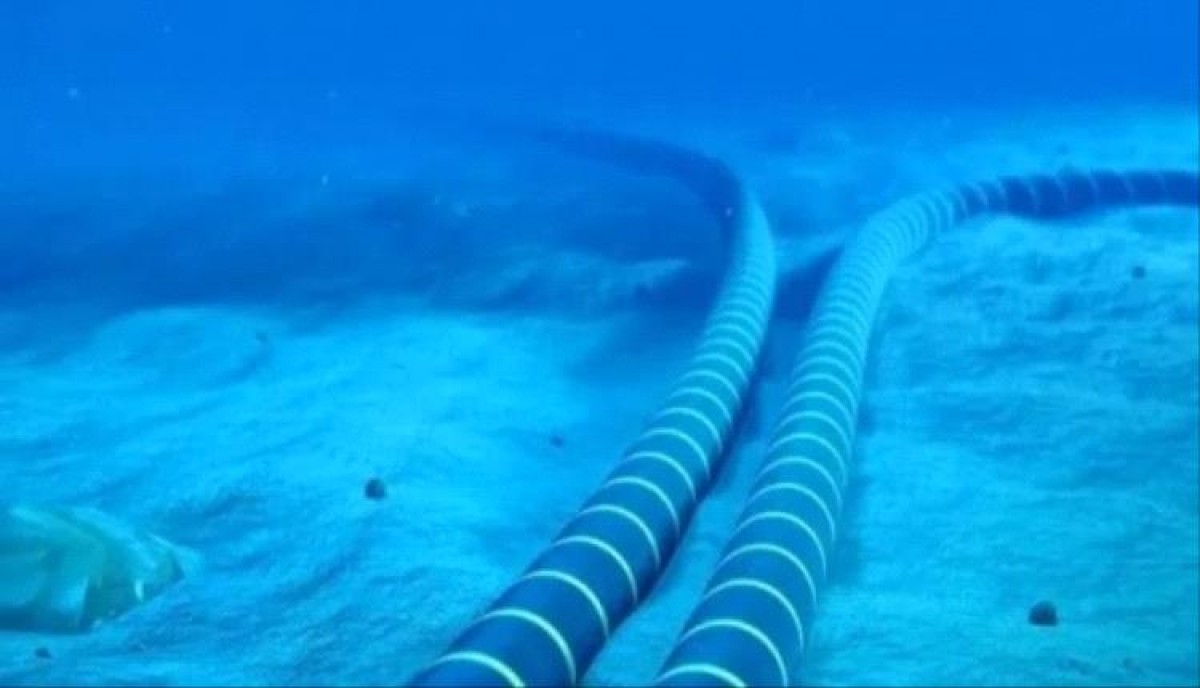Three important communications cables in the Red Sea were damaged


Officials said that an accident in the Red Sea led to the cutting of three underwater marine cables that provide internet and communications around the world.
A statement issued by Hong Kong-based HGC acknowledged the cuts but did not say why the lines were cut. There were concerns about the cables being targeted in the Houthi campaign, which they described as an attempt to pressure Israel to end its war on the Gaza Strip. But the Houthis denied attacking the lines.
While global shipping traffic through the Red Sea, a critical route for cargo and energy shipments from Asia and the Middle East to Europe, has already been disrupted, sabotage of communications lines may exacerbate the months-long crisis. Meanwhile, a suspected Houthi attack targeted a new ship in the Gulf of Aden.
HGC said that the cut lines include Asia, Africa, Europe 1, Europe Gateway, India, Seacom and TGN Gulf. The reductions were described as affecting 25% of traffic flowing through the Red Sea. It described the Red Sea Route as crucial for transferring data from Asia to Europe and said it had begun redirecting traffic.
According to Tim Strong, a submarine cable expert at TeleGeography, a Washington-based communications market research firm, the Seacom-TGN-Gulf line is two separate cables when it is actually one in the cutoff area.
In response to questions from the Associated Press, SECOM said, “Initial tests indicate that the affected part is located within the Yemeni maritime areas in the southern Red Sea.” He said it was redirecting the traffic it was able to change, although some services were down.
Tata Communications, part of the Indian conglomerate behind the Seacom-TGN-Gulf line, told the Associated Press that it “initiated immediate and appropriate remedial measures” after the line was cut.
“We are investing in different cable unions to increase our diversity, so in such situations like cable outage or failure, we are able to automatically reroute our services,” Tata said.
The other companies behind the pipelines, which provide data to Africa, Asia and the Middle East, did not immediately respond to AP inquiries.